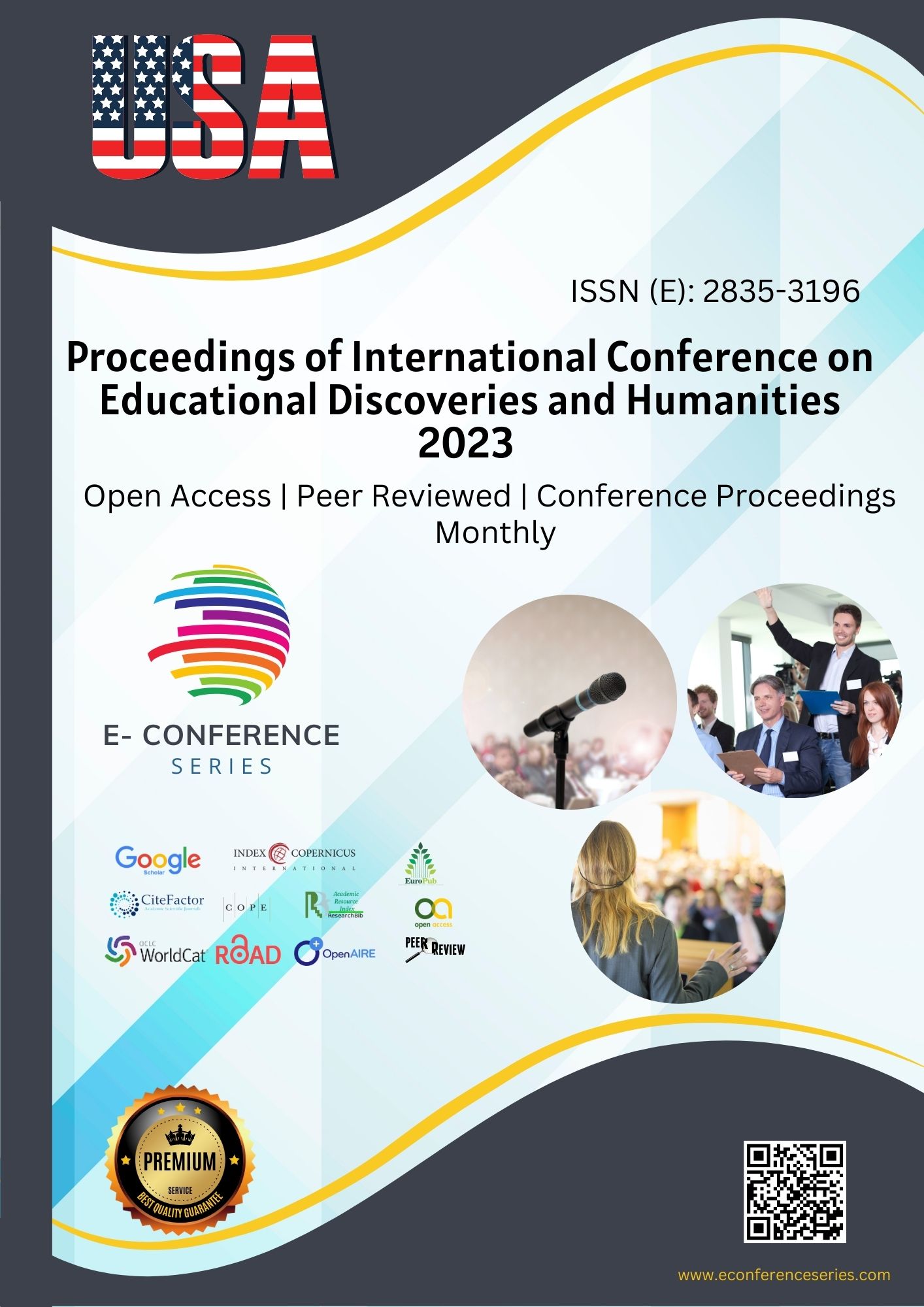STUDENT-CENTERED LEARNING METHODS. PROJECT-BASED LEARNING AND PROBLEM-BASED LEARNING
Keywords:
PBL, project-based learning, problem-based learning, teaching methods, student-centered classAbstract
Learning should be an active process in which you gain knowledge from your experience and interactions with your environment. You are encouraged to think about what you already know and you learn to integrate new information with this existing knowledge. It helps you really understand the topic, form informed opinions, and gain new insights, instead of just memorizing everything.You'll find that it's easier to remember things this way.Problem-based learning dates back to the 1960s and is a student-centered pedagogy. Students learn a topic by solving problems and often work in groups to solve problems that often don't have the right answer. In short, ''it enables learners to conduct research, integrate theory and practice, and apply knowledge and skills to develop a workable solution to a defined problem''.
References
Project-Based Learning and High Standards at Shutesbury Elementary School (http://www.edutopia.org/php/article.php?id=Art_182) From Edutopia (https://en.m.wikipedia.org/wiki/Edutopia) by The George Lucas Educational Foundation.
https://www.maastrichtuniversity.nl/education/why-um/problem-based-learning
https://www.hunschool.org/resources/problem-based-learning
https://www.teachought.com/storage/2023/02/Project-Planning.png
https://www.teachought.com/storage/2023/02/Project-LIC.png
North Lawndale College Prep High School's Interdisciplinary Projects (https://web.archive.org/web/20151102061836/http://www.nlcphs.org/interdisciplinaryprojects/) – Vertically aligned, high-bar problem- and project-based learning, 9-12, on Chicago's west side.
Downloads
Published
Issue
Section
License

This work is licensed under a Creative Commons Attribution-NonCommercial 4.0 International License.








